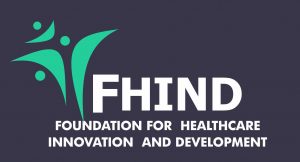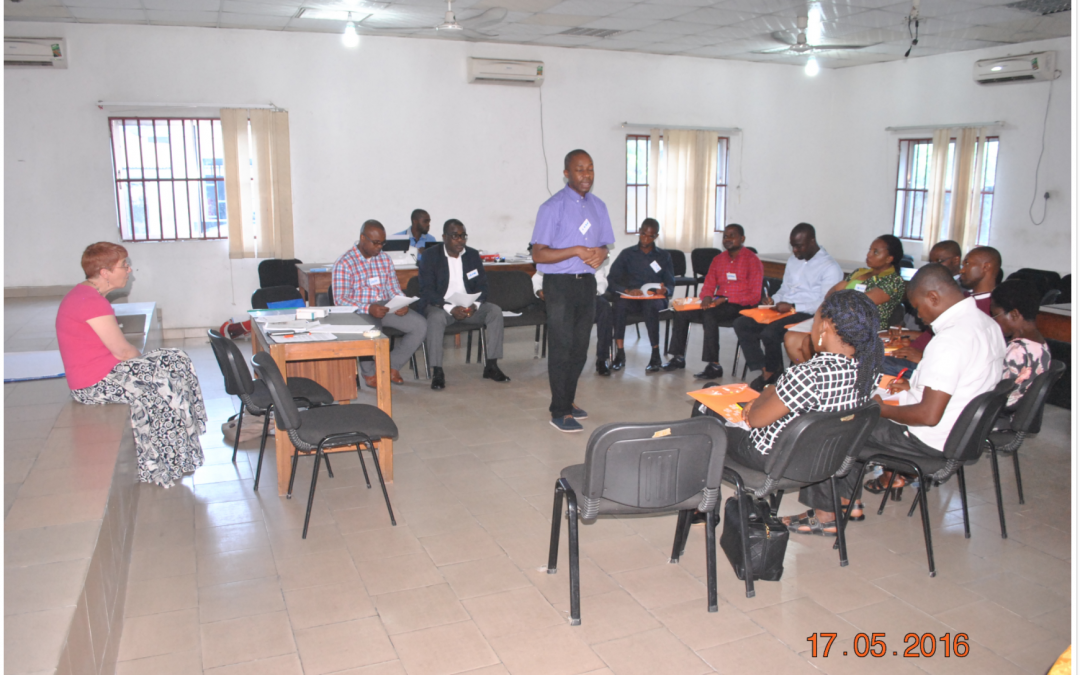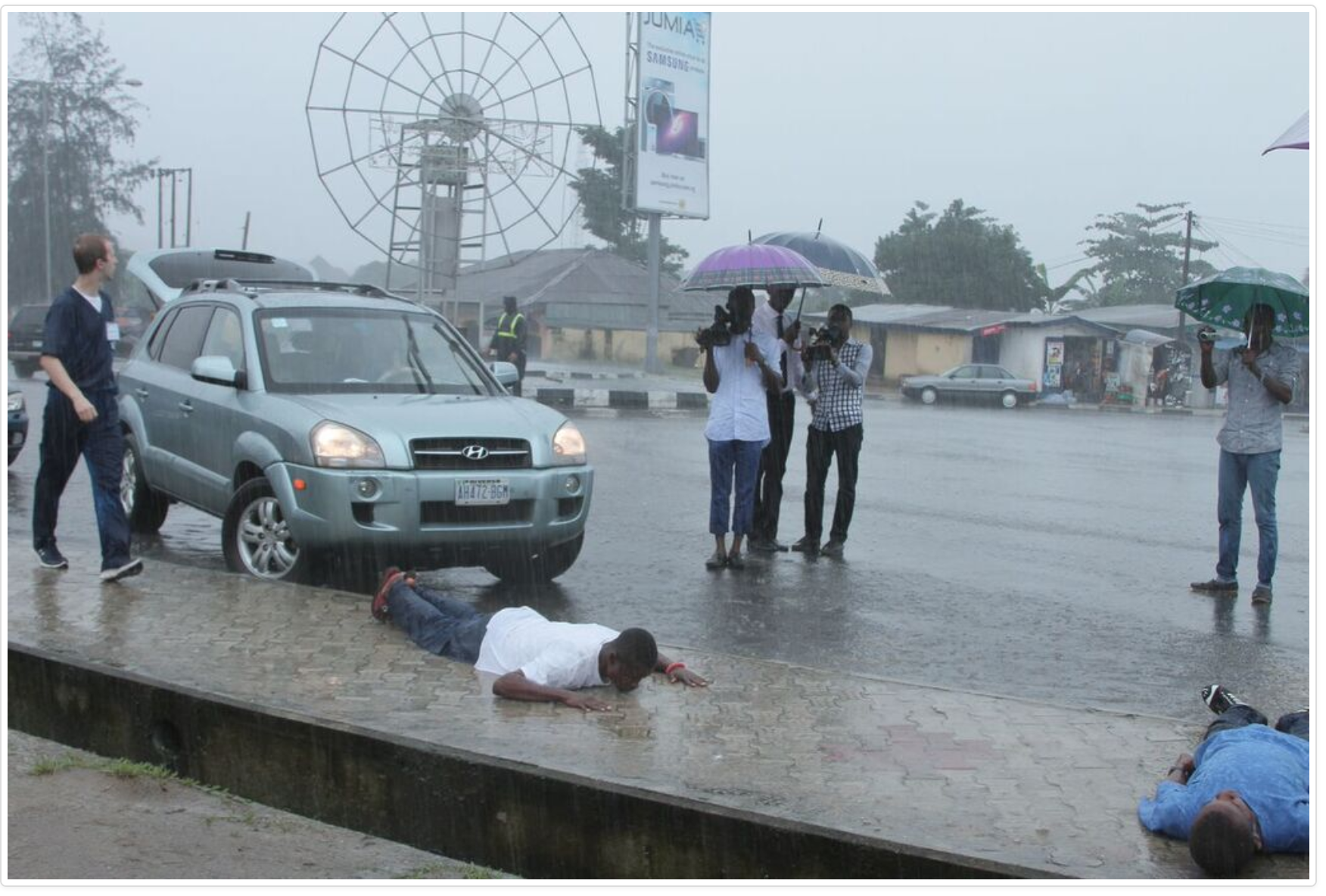On May 17 -19, 2016, FHIND hosted a workshop entitled An Update on Management of Non-communicable Disease (NCDs) at the Cross River State College of Health Technology, Mary Slessor Road, Calabar. The Workshop was part of a pilot project to develop a desk guide of current management of NCDs for implementation in Nigeria, led by FHIND in partnership with the Federal Ministry of Health Cross River State Ministry of Health, COMDIS-HSD and the Nigerian Medical Association (NMA).
The Project was funded by the UK AID from the British people through the University of Leeds, UK. The purpose of the workshop was to bring together doctors working in General Hospitals and private health facilities in Cross River State to update their knowledge and learn current management skills for NCDs with a view to refining and implementing an NCD Case Management Desk Guide for doctors and other clinicians as well as an NCD Lifestyle Desk guide for Health educators. The 42 workshop participants represented 10 health facilities in the state including General Hospitals, Private Hospitals and the University of Calabar Teaching Hospital. Each participant had a scheduled date to attend the workshop, where they received a workshop pack containing workshop materials and certificate plus 10 CPD points upon completion. It was all free of charge.
The agenda began with an introduction of facilitators and background overview of NCD prevalence in Nigeria. Participants for each day covered eight modules including communication skills, hypertension, CVD, COPD, Type 2 DM, SCD, Epilepsy and Reflective Practice. The modules were delivered by highly skilled professionals using role plays, practicals exercises and group discussions and each participant had to begin and end the workshop by filling out a pre and post-workshop questionnaire.
The team of facilitators included Healthcare Experts such as Dr Catherine Snape and Mrs Laura Bates of University of Leeds United Kingdom as well as Drs Otu, Ofem Enang, Uduak Williams and Daniel Otokpa of the University of Calabar Teaching Hospital, Nigeria.
At the end of each day, reactions of participants to the training were received both verbally and in form of a post-workshop questionnaire where individual knowledge, understanding and confidence of each module delivered was evaluated and the importance of good communication skills and reflective practice was enormously appreciated.




